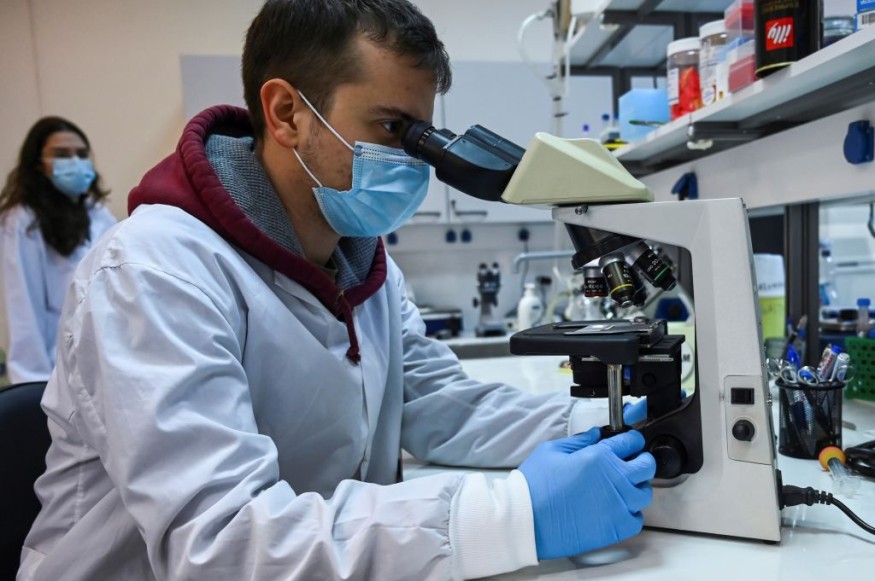According to a recent study, climate change will cause hundreds of new viruses to spread across animal species by 2070, increasing the danger of developing infectious illnesses spreading from animals to people.

This is especially true for Africa and Asia, where fatal diseases such as the flu, HIV, Ebola, and coronavirus have been transmitted from people to animals or vice versa in recent decades, according to the Associated Press.
Employing AI Analysis
Researchers built a computer to look at how over 3,000 mammal species may travel and spread viruses over the next 50 years if the planet heats by 2 degrees Celsius (3.6 degrees Fahrenheit), as recent research suggests is likely.
They discovered that cross-species viral transmission occurs over 4,000 times in mammals alone.
The research did not cover birds or marine creatures.
According to researchers, not all viruses will transmit to people or become pandemics on the size of the coronavirus. Still, the number of cross-species viruses raises the likelihood of human infection.
Struggling With Global Crisis
As the globe grapples with what to do about both, the report, which was published in Nature, emphasized two global crises: climate change and infectious disease proliferation.
The previous study has looked at how deforestation, extinction, and wildlife trading contribute to the spread of animal-human illness.
Still, the researchers said there is less information on how climate change can affect disease transmission.
"We don't talk about climate a lot in the context of zoonoses," said research co-author Colin Carlson, an assistant professor of biology at Georgetown University. "Our research... brings together the world's two most serious challenges."
Climate Change and Infectious Diseases

Climate change and infectious disease experts agreed that a warmer globe would likely raise the chance of new viruses emerging.
The study acknowledged the concern posed by climate change in terms of increasing the likelihood of infectious illnesses, according to Daniel R. Brooks, a scientist at the University of Nebraska State Museum and co-author of "The Stockholm Paradigm: Climate Change and Emerging Disease."
According to Brooks, "this specific contribution is an exceedingly conservative estimate for possible" new infectious disease transmission due to climate change.
Aaron Bernstein noted that the study verified long-held assumptions about the influence of warming on infectious disease onset, a pediatrician and interim head of Harvard T.H. Chan School of Public Health's Center for Climate, Health, and the Global Environment.
"It's worth noting that the data suggests that these contacts are already occurring more often and in areas where more people dwell," Bernstein added.
Already In Effect
Because climate-driven infectious disease emergence is likely already happening, study co-author Gregory Albery, a disease ecologist at Georgetown University, believed the world should be doing more to learn about and prepare for it.
"Even under the best-case climate change scenarios, it is unavoidable," Albery added.
To lessen the danger of infectious disease spread, Carlson, a contributor to the last report from the Intergovernmental Panel on Climate Change, said we must limit greenhouse gas emissions and phase out fossil fuels.
According to Jaron Browne, organizing director of the climate justice group Grassroots Global Justice Alliance, the report showed climate injustices faced by individuals in African and Asian countries.
"Those on the frontlines of the issue have very frequently done the least to cause climate change," Browne added. "African and Asian nations face the biggest threat of increasing viral exposure."
Related Article : Scientists Double Effort to Find Possible Next Pandemic, Caused by Other Zoonotic Diseases
For more health and medicine related news, don't forget to follow Nature World News!
© 2026 NatureWorldNews.com All rights reserved. Do not reproduce without permission.





